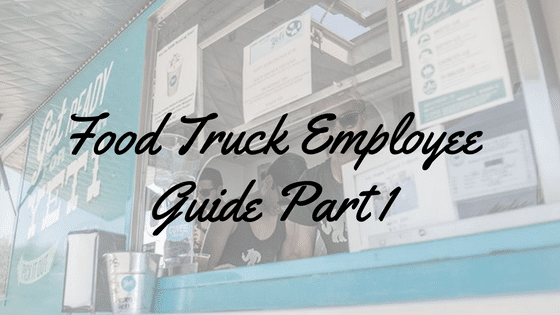
Food Truck Employee Guide Part 1
This is a collaborative article we did with Terrence of TBD Foods to cover some lesser thought of problems associated with finding a food truck employee.
You’ve started or are starting a food truck, congratulations! Aside from time capital and creating tasty treats, you’ll need employees. Finding people to run your business and sell your product for you, eventually without you there, are imperative to your success.
In another post, Terrence outlines what to look for in a prospective food truck employee.
Finding your Food Truck Employee
Now that you know what to look for in a food truck employee, you’ll need to know how to find them! Craigslist is first thought for most for its ease and cost to post a job listing title. Believe it or not, it’s how I found my job! 
Apart from the world of Craigslist, ask around to see if friends, family or former co-workers know of anyone who is looking for work. I don’t suggest hiring your best friend. If you’ve cooked before, it doesn’t hurt to ask your cook friends to see if anyone is looking for work. Maybe you can get lucky with an unhappy line cook or dishwasher looking for new work.
Prospects
Now you have an idea of demand for people trying to fill your job vacancy, how do you whittle the number down to find your ideal Food Trucker? Due diligence, just like in any job industry. Bring them in for an interview and if that goes well, bring them in for a trailing/stage (derived from the French word stagiaire meaning apprentice/trainer.) Free labor for a few hours and a real opportunity to see how your prospective employee does in the tight quarters of a food truck – really valuable information for employers.

Protecting your Investment
Treating this like any other job, it is worth your time to check the background of a prospective employee. Remember, employees are an investment so it’s important to check references, past employers and a do background check to make sure you are getting the same person whose resume had you jumping up and down in excitement when you received it.
Background Info USA, provides access to comprehensive background checks which includes:
- Multi-Court Criminal Database
- Search, Sex offender registry for 50 states
- Social Security Number verification
- One Single-County Criminal Search
- OFAC/Global Homeland Security Check
- Adverse Action Notices
If you are going to have an employee driving your truck, you NEED to check their driving record. This prevents surprises when it is time to add them to the business auto insurance policy. With a spotty record, you will get hit with a large premium increase.
Records highlighting driving history over the past 3 to 7 years and are available in all 50 states and Washington DC. Background Info USA, and other providers allow for easy ordering.
The food industry is notorious for having employees who are rough around the edges. They also put out good food. Before hiring a person ask yourself if you want your customers to see this person as part of my brand? Cooking can be to taught. Value reliability and professionalism over culinary skill.

Classifying a Worker: Employee vs. Independent Contractor?
Many Food Truck owners prefer to pay their “employees” as 1099 workers due to the small amount of tax paperwork and expenses. Mistakenly classifying an employee as an independent contractor can result in significant fines and penalties from the IRS. It can also lead to a workers compensation insurance audit surprise.
WHY? It has to do with the way the IRS and Workers Comp insurance define employees (W2) and independent contractors (1099). For a full IRS checklist of determining an independent contractor go here.
If you are uncertain whether you have an employee or an independent contractor, Form SS-8 is available to request the IRS make the determination for you. There is no charge for filing Form SS-8 with the IRS.
*Note that a incorrectly classified workers will sometimes be surprised by the amount of taxes they owe at year-end. Independent contractors are generally required to make quarterly estimated tax payments instead of having their tax withholding payments made through payroll.
This unexpected tax burden at year-end can lead workers to argue that they are an employee and NOT an independent contractor.
If the IRS believes there was intentional disregard, the employer can be held personally liable for both the employer AND employee payroll taxes. A penalty of 20% of wages paid to the worker along with interest and additional underpayment penalties will be assessed. The IRS can mandate these adjustments going back the last three years! I cannot stress the importance of doing your research on employees!
You may also enjoy the related blogs below:
This article was a collaboration of Joel Paprocki from InsureMyFood.com. Joel offers affordable insurance for food trucks, food trailers, caterers and chefs. Also contributing is Terrence Rogers from TBD Foods who offers fine dining chef service – specializing in farm to table fare.
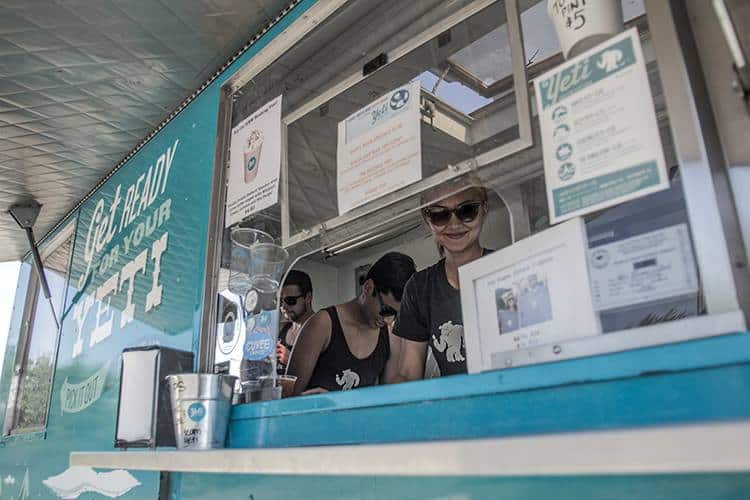
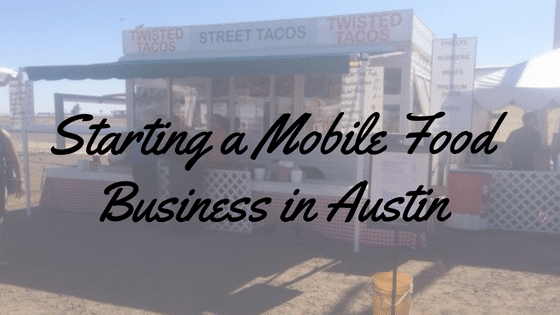




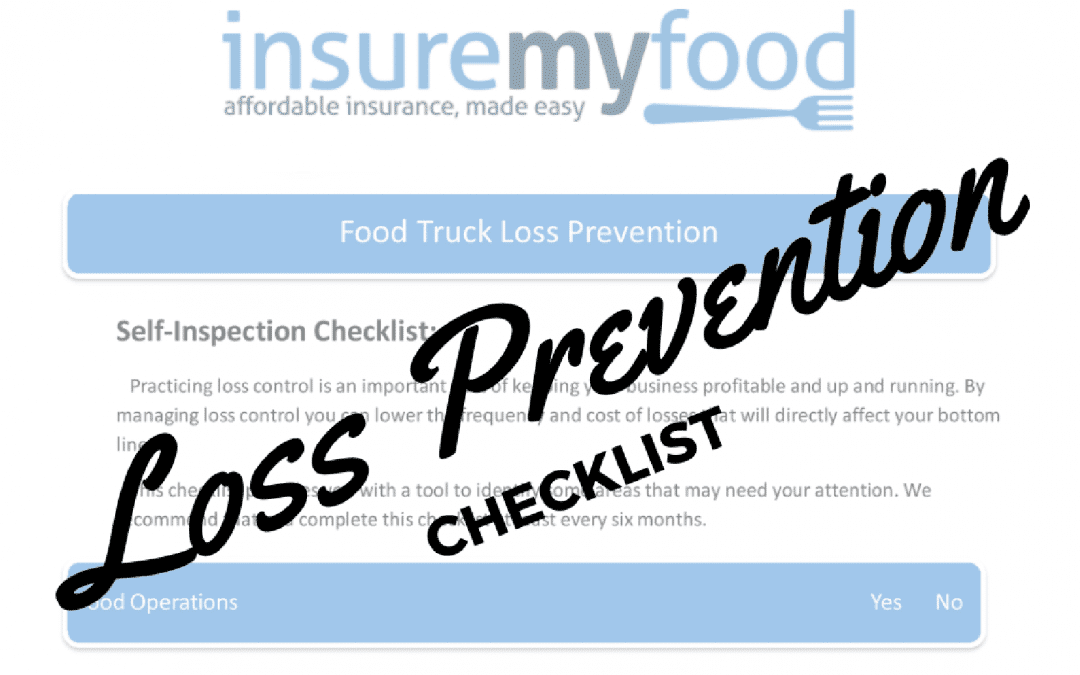
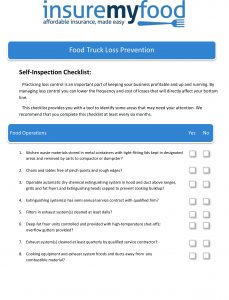
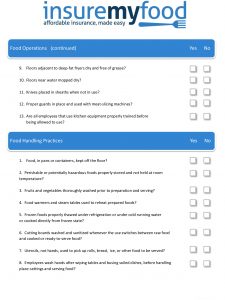
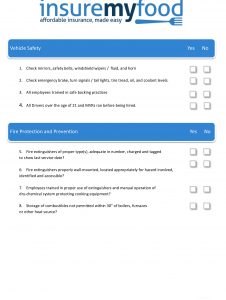
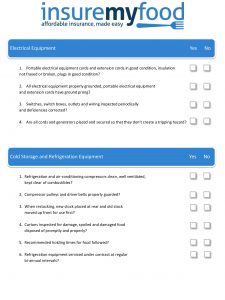
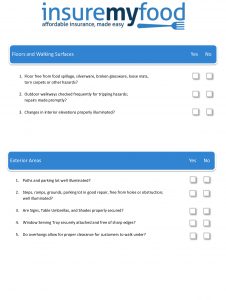
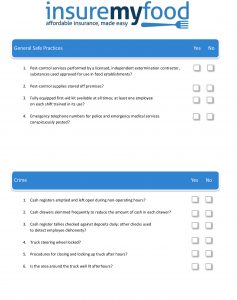
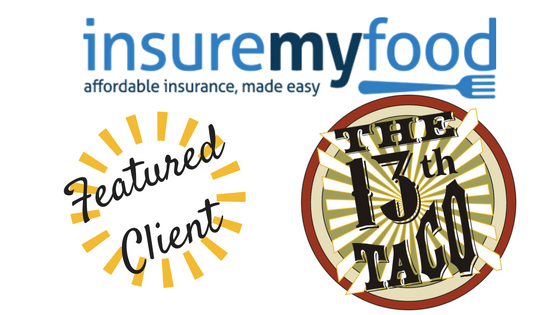
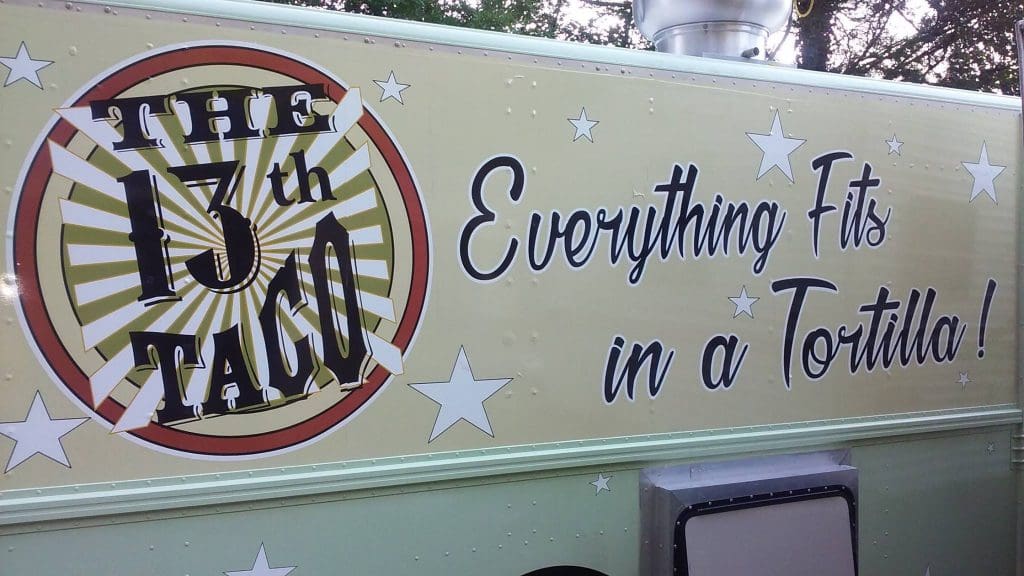
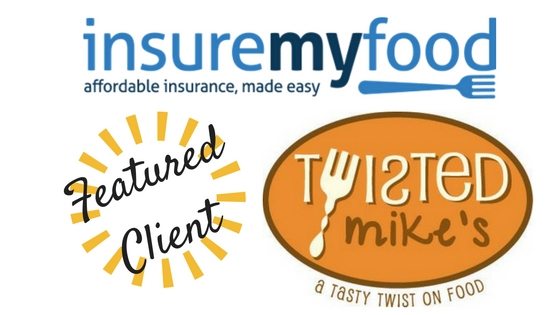
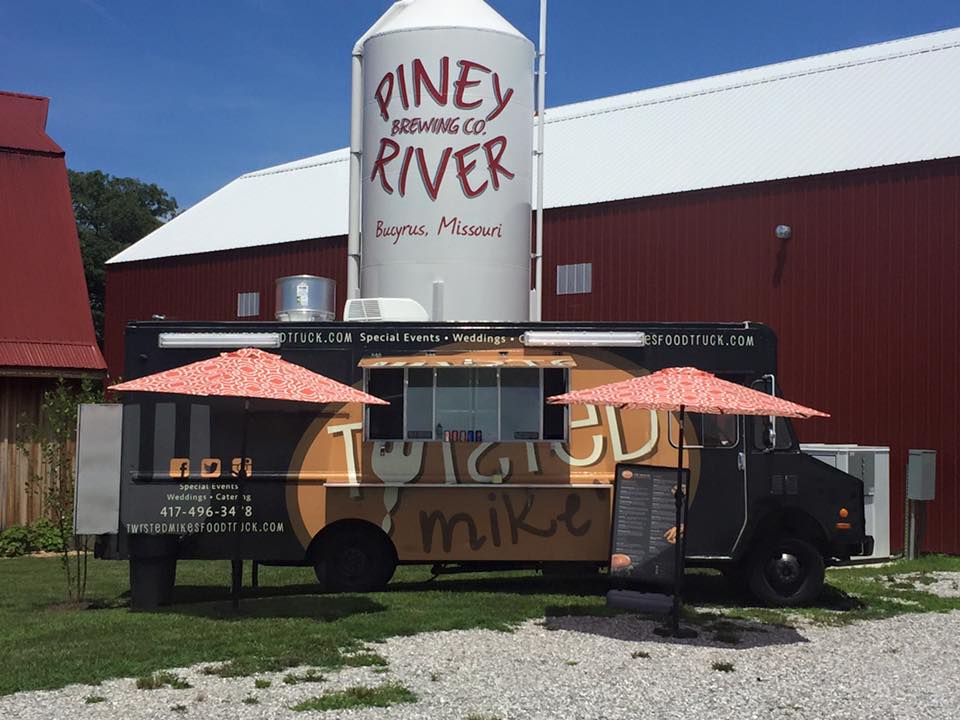
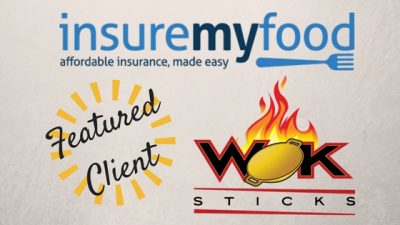
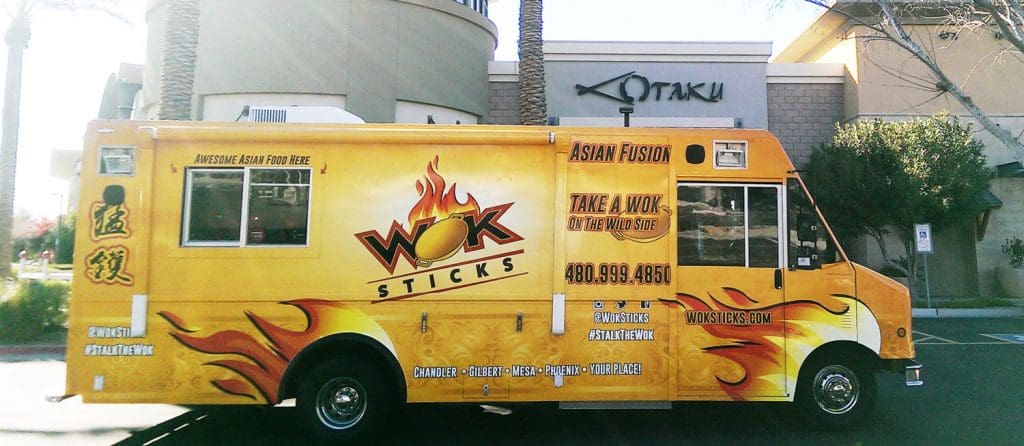
 Joel Paprocki, CIC, CRM, CPCU is founder of Insure My Food. Joel has over 20 years of experience in the insurance industry. He is passionate about helping food entrepreneurs navigate insurance and risk management with confidence. He holds all three top industry designations: Certified Insurance Counselor, Certified Risk Manager, and Chartered Property and Casualty Underwriter. He has served over 5,000 clients in the food industry, including restaurants, food truck, cateriers, If you are looking for a reliable, experienced, and specialized insurance partner, please contact us.
Joel Paprocki, CIC, CRM, CPCU is founder of Insure My Food. Joel has over 20 years of experience in the insurance industry. He is passionate about helping food entrepreneurs navigate insurance and risk management with confidence. He holds all three top industry designations: Certified Insurance Counselor, Certified Risk Manager, and Chartered Property and Casualty Underwriter. He has served over 5,000 clients in the food industry, including restaurants, food truck, cateriers, If you are looking for a reliable, experienced, and specialized insurance partner, please contact us.